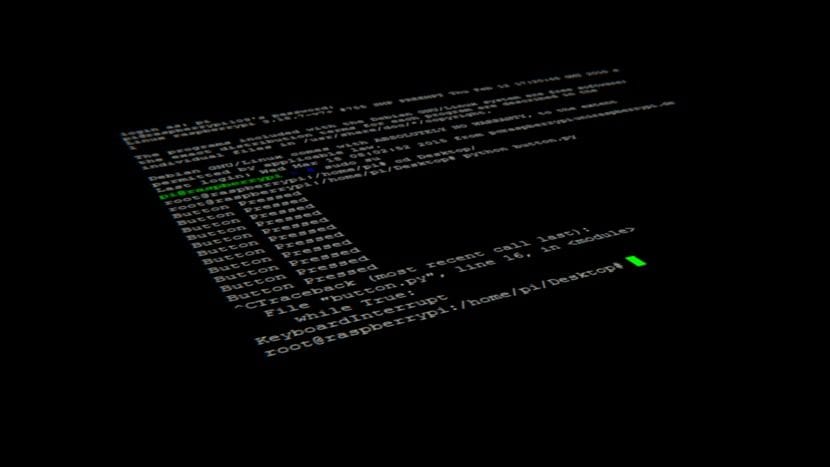
There are many help tools when working in the terminal with Linux commands, such as the fantastic man pages when we invoke the man program. In them we find information about the command or program, its options, syntax, supported parameters, as well as other information (syscalls, etc.) if we consult other pages of the manual. We also have other commands to get help like help, whereis, whatis, etc.
Instead, many users end up consulting the network for examples of use of the commands because it is more intuitive see examples of using a command to read a manual page for those who are not so expert. With the examples we can understand them better and modify the syntax to suit our needs, better than looking at the manual and trying to build our command line from scratch. Other users may prefer to make use of different shells that have some help options like Fish, etc.
But the best solution if you are looking for examples of programs is to use the fantastic cheat. As its own name may indicate, it is an interactive cheat-sheet published under GNU that can guide us in the use of the commands that we traditionally use, and if we invoke it by consulting someone's help it will show us several examples of its use, something that as I say is very practical. For us to use it, we must first have Python installed, since it is a tool written in this programming language.
For example, on Debian the process would be the following:
su
apt-get install Python
apt-get install python-pip
apt-get install git
pip install docopt pygments
git clone https://github.com/chrisallenlane/cheat.git
cd cheat
python setup.py install
And we will have cheat ready to be able to execute it, although it may be that according to our needs we will have to configure certain environment variables, download the database ...
cheat -vIf you want to see examples of a command, such as sudo, you can use the following:
cheat sudo
The command «cheat sudo» did not work for me, however others did, like «ls». Can it be obtained or translated into Spanish in some way?
Thanks for the command.
One question, when you comment »although it may be that according to our needs we will have to configure certain environment variables, download the database ...» download database what do you mean?
For the rest, it works quite well, for example for finf there are many quite interesting examples 🙂
hello good first of all I greet you
Aja this, I study at Liceo Lisardi and I live in Bolívar in Peru
and I'm 15 years old and that's all, thanks
GOOD AFTERNOON IF YOU CAN PUBLISH THE INSTALLATION OF SERVICES IN UNIX,
GREETINGS FROM CHILPANCINGO, GRO. MEXICO